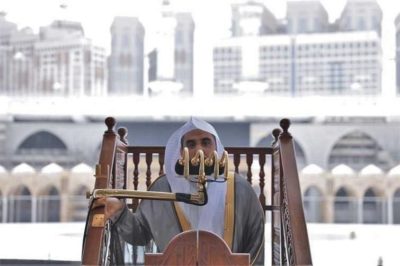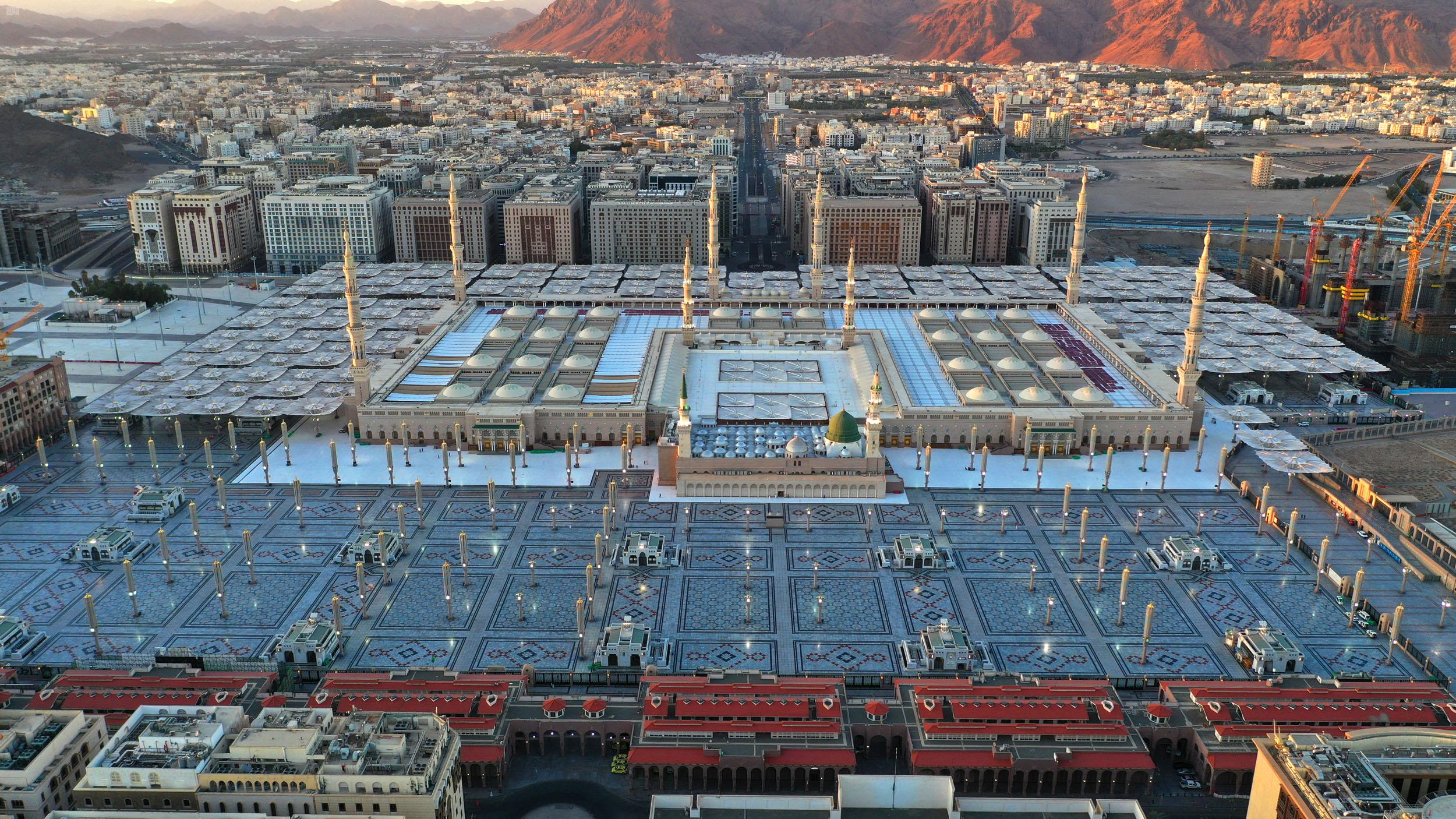For Saudis and other Muslims around the world, the approaching month of Ramadan will look different this year as governments take preventative measures to safeguard their citizens from the coronavirus.
Ramadan, which may begin Thursday, unites Muslims the world over in fasting and worship. This year, it will likely take place in Saudi Arabia with curfew and travel restrictions enforced, preventing Muslims from attending Mosque on one of the most important days of Islam’s calendar.
Saudi Arabia’s Grand Mufti Sheikh Abdulaziz Al al-Sheikh, the highest religious authority in the country, said that Muslim prayers during Ramadan and for the subsequent Eid al-Fitr feast should be performed at home if the coronavirus outbreak continues, Reuters reports, citing local daily OKAZ.
“Ramadan’s Taraweeh (evening) prayer can be performed at home if it cannot be performed at mosques due to the preventive measures taken to fight the spread of coronavirus,” he said in response to a question, adding that the same applies for Eid prayers, according to Reuters.

Imams in Saudi Arabia are urging Muslims to worship at home this Ramadan.
In mid-March the Kingdom prohibited people from performing their five daily prayers and the weekly Friday prayer inside mosques as part of efforts to limit the spread of the coronavirus.
The struggle for Muslims during Ramadan will be similar to those just experienced by Christians during Easter, the holiest day of the Christian calendar. This year, most churches were closed or conducted Easter services online to prevent the spread of the coronavirus. Some churches that didn’t close turned into hotbeds for the spread of Coronavirus.
In a report in PBS.org, Texas-based imam Omar Suleiman said empty mosques are reason for reflection.
“How do we build ourselves to where we are more connected to Him?” asked Suleiman, who has been streaming virtual sermons and nightly reflections to more than 1.4 million Facebook followers.
“Now we have a chance to develop empathy with those that have not had access to their religious spaces due to oppressive circumstances.”









